It’s Time for Beloved Community Circles
The Present Moment, Post Election
I’d like to teach the world to sing in perfect harmony,
I’d like to hold it in my arms and keep it company.
Some of you may remember this song from the 1970s. As corny as it is, I’m feeling that tenderness toward my country in the wake of our recent Presidential election.
Since the election, one spiritual and movement thought leader after another has been saying that we need healing, caring, and committed communities as places of refuge, renewal, and resistance. This is what many of us have been doing for years, mostly under the radar, not in the mainstream. I’d like to share about one such effort.
For the past several years, growing within but not limited to the Plum Village Community of Engaged Buddhism in Thich Nhat Hanh’s tradition, a group of us have been developing a network called “Beloved Community Circles” to address the need for deep, intimate community, grounded in healing and spiritual practice, coupled with effective mindful action. The times are ripe for Beloved Community Circles, now more than ever.

Before describing Beloved Community Circles in more detail, a look at this post-election time can help underline why such mindful action groups might be more relevant than ever.
Since November 5, there has been a predictable outpouring of commentary, speculation, finger pointing, and hypotheses about the results. About 75 million people voted for ‘her’ and are mostly feeling disappointment and dread; about 77 million voted for ‘him’ and are mostly feeling elated or vindicated; and about 90 million eligible voters were feeling disconnected, disgusted, or despairing enough to not even vote.
More and deeper understandings are coming. In my view, the results of the Presidential elections were impacted by huge global currents not in any one party’s control. There are three interrelated currents that I haven’t heard mainstream commentators discuss, which to me are central for guiding our way forward.
The first is that corporate capitalism is harming people and the Earth. The concentration of wealth and power results in increasing economic insecurity for billions of people, and drives exploitation, climate change, food scarcity, regional wars, and mass migration. These will increase in severity until we transition to a sharing, democratic, cooperative, regenerative, and just economy.
The second is the widespread emotional trauma exacted by these unjust material conditions. The hurt shows up in people as feelings of despair, anger, grief, and discontent. The struggle for basic survival coupled with feelings of powerlessness cause too many folks to settle for the false remedies offered by the consumer economy like drugs, alcohol, sex, entertainment, sports, and overconsumption. And since many of us feel the system is rigged, (and it is), and since many feel powerless to change it, then many of us are more prone to blame others and follow authoritarian leaders instead of organizing to challenge the corrupt systems. This widespread suffering conspires to keep the human community too weak and fragmented to mount the collective force necessary to transform to a healthy human society. Deep healing of individual and collective trauma is necessary— we need accessible, affordable, culturally appropriate, and global healing pathways.
Thirdly, spiritual tethering and community grounding is ever more tenuous. Church membership is down. Social cohesion that used to be supported by sports leagues, social clubs, neighborhood associations, and extended multi-generational families has been weakened. Increasing urbanization has cut off the majority of people from the land and its natural cycles. Greed is institutionalized in our economy, advertising, and consumer culture, generating a manufactured sense of wanting/needing as a substitute for love, dignity, belonging, caring, and serving. The renewal of community, belonging, caring, and serving others is essential for flourishing.
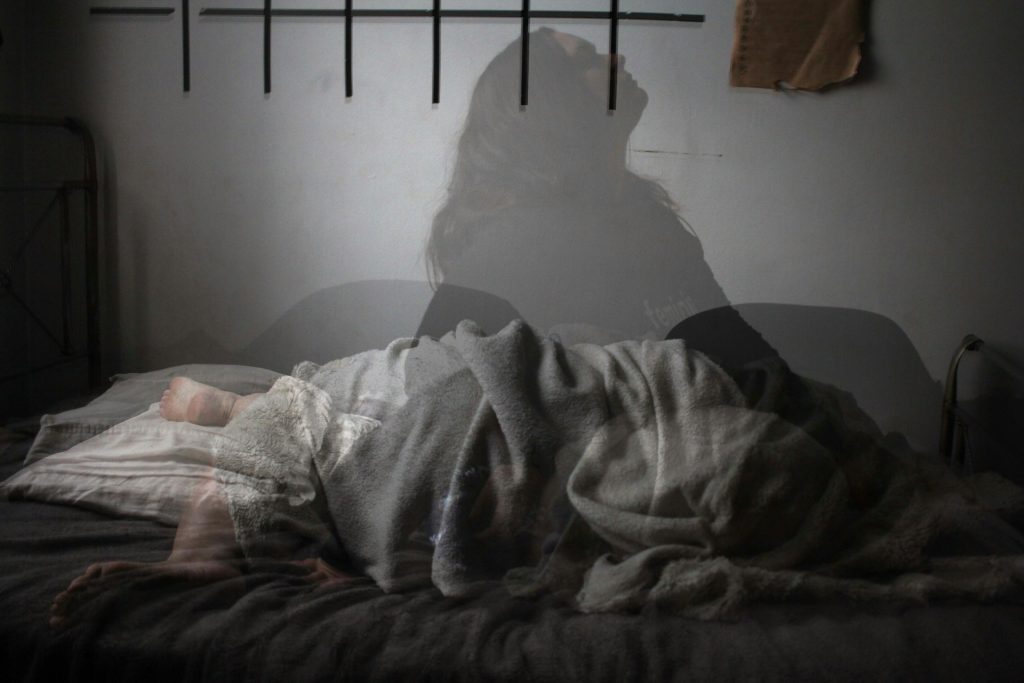
These are daunting challenges, and falling back into our red camps and blue camps to ‘win’ over the other side doesn’t begin to address these huge currents. I don’t know how to address them, but I do think one necessary element is to heal and recover our relationships. In my opinion, many of the major challenges dogging humankind are due to a breakdown in our relationships. Both observation and research data indicate that we are grossly out of alignment or out of touch with ourselves and the health of our bodies and emotions, with our fellow citizens, with other races, cultures, and nations, with healthy planetary boundaries, and with sufficient awe and wonder at the mysteries of the universe. At least in western societies, we have been thoroughly marinated in individualism, competition, survival of the fittest notions, and an underlying story that we are separate beings in a cold, impersonal universe. Enter, Beloved Community Circles
What is a Beloved Community Circle?
Beloved Community Circles is a network of small groups of 5-12 people, geographically local to each other, who make three commitments: to engage in spiritual practice and healing together so that healing and development are core; to come to care deeply for each other’s well-being; and to participate in mindful action of the group’s choosing. Individual Beloved Community Circles are supported through trainings, resources, and being networked together to learn, inform, and encourage each other. A Beloved Community Circle provides a personalized and collective way to engage in applying mindful practices to relieve suffering in the world.
Small, personal, and local
Roughly five to twelve local folks gather to form a Beloved Community Circle. It is deliberately intended to be a small, intimate group who can forge strong bonds of love and support, train together, and become a dependable, reliable, courageous cohort for mindful action, socially engaged practice, and wise action to meet the challenges of the day. Being small and local allows for Circle members to make decisions more efficiently, care for one another up close, engage in action together, and reduce their carbon footprint by not flying or driving long distances to meet or act.
Action focus
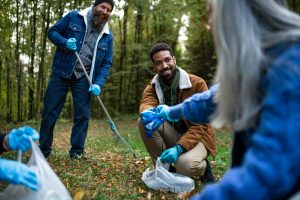 We are facing multiple social crises that highlight the interconnections between issues previously viewed as separate. Take climate change, for example. Climate change is a racial justice issue, a resource extraction issue, a food security issue, a national security issue, an economic justice issue, a public health issue, a population issue, a democracy issue, an immigration issue, a technology issue, a gender equity issue, a species loss issue, a rights of the Earth issue, and so on. Many things we care about are related to climate change and environmental degradation. A similar set of links could be made by centering other issues. Given this interconnection, Circles determine areas of action that evolve naturally from their research.
We are facing multiple social crises that highlight the interconnections between issues previously viewed as separate. Take climate change, for example. Climate change is a racial justice issue, a resource extraction issue, a food security issue, a national security issue, an economic justice issue, a public health issue, a population issue, a democracy issue, an immigration issue, a technology issue, a gender equity issue, a species loss issue, a rights of the Earth issue, and so on. Many things we care about are related to climate change and environmental degradation. A similar set of links could be made by centering other issues. Given this interconnection, Circles determine areas of action that evolve naturally from their research.
A Circle might want to organize around a particular identity marker, such as cultural roots, gender expression, or vocation. Or a Circle might focus more generally on social justice or be organized around the specific interests of its members. A Circle may be comprised of folks who want to work on community resilience and apply those skills to their local community, for example by protecting watersheds or endangered species, or restore voting rights. And so on, all for the purpose of serving living beings and the Earth.
Three Commitments or Core Practice Areas of a Beloved Community Circle
Beloved Community Circle members commit to practice mindfulness and healing, care about one another, and engage in collective action.
- Mindfulness or Spiritual Practice. A Circle regularly uses mindfulness or other spiritual practices for grounding, including sitting and walking meditation, prayer, deep listening, compassionate dialogue, teachings on the web of life, and regular reflection on a set of ethics for daily living. One example is the Five Mindfulness Trainings.
- Community Building. Members of a Circle intentionally build their Circle’s culture and ways of relating to each other by sharing life stories, caring for each other’s well-being, doing healing at the heart and emotional level, becoming aware of patterns of oppression and dominance that may be operating among them, supporting each other in personal challenges, and coming into loving relationship. The aspiration is that each Circle creates its own version of beloved community.
- Collective Action. On the solid foundation of spiritual grounding, healing, and caring for each other, the Circle agrees to engage in collective action on issues of their own choosing. “Actions” can include studying, learning, visioning, skill-building; developing an intersectional approach; engaging in advocacy, protest campaigns, nonviolent civil disobedience; protecting vulnerable people, defending civil society institutions, sometimes disrupting and disobeying injustice, and building up new initiatives and institutions inside and outside the current systems.
Deepening skills through training
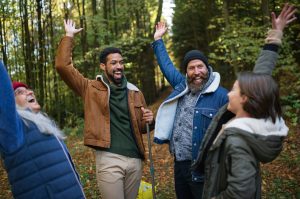 Each local Circle receives initial on-boarding training or orientation about the values, principles, equity concerns, and commitments—the “DNA” of a Circle, in order to generate common understanding and basic agreements. After that, members are invited to expand their skills by participating in further trainings offered by the Beloved Community Circles network on topics such as group decision-making and culture-building, basics of climate justice, trauma healing and resiliency work, learning nonviolent communication skills, healing around racial and social inequities, practicing applied ethics, and looking deeply into personal bias and systems of oppression.
Each local Circle receives initial on-boarding training or orientation about the values, principles, equity concerns, and commitments—the “DNA” of a Circle, in order to generate common understanding and basic agreements. After that, members are invited to expand their skills by participating in further trainings offered by the Beloved Community Circles network on topics such as group decision-making and culture-building, basics of climate justice, trauma healing and resiliency work, learning nonviolent communication skills, healing around racial and social inequities, practicing applied ethics, and looking deeply into personal bias and systems of oppression.
Current picture and future vision of the network
There are already a dozen local Beloved Community Circles in the US, and a dozen more emerging in about 10 other countries (view a map of Circles here). These individual Circles are networked through a website, a series of trainings and workshops, periodic “public squares” for cross-Circle exchange, a majority BIPOC steering committee, an annual six-month intensive training and support process for emerging Circles, and a “how-to” handbook.
We are pleased with the progress of the work so far. It lends confidence to a long range vision that sees thousands of local Beloved Community Circles across the globe, engaging in impactful racial and climate healing and justice work, networked together, and integrated into a social justice movement ecosystem that supports the many pathways to the world we want.
Is a Beloved Community Circle right for you?
 Maybe you are feeling burned out or discouraged about your political or social justice work. Or you want to be more engaged but don’t know how or don’t want to do it alone. Maybe you want to contribute even more but prefer to be in community with a spiritual base. Or you want deep connection with a small group of caring, effective friends committed to social, racial, and climate healing and justice.
Maybe you are feeling burned out or discouraged about your political or social justice work. Or you want to be more engaged but don’t know how or don’t want to do it alone. Maybe you want to contribute even more but prefer to be in community with a spiritual base. Or you want deep connection with a small group of caring, effective friends committed to social, racial, and climate healing and justice.
When climate change activist, Bill McKibben was asked, “As an individual how can I help stop climate change?” he replied, “Stop being an individual.” We need each other.
If you are part of a faith-based or values-based social justice organization, maybe your group has been looking for a way to organize into small, local chapters for action. Perhaps your action group has been missing healing or spiritual grounding; or your spiritual group has been wanting to be more active but doesn’t know how.
If you’d like to explore whether a Beloved Community Circle might be right for you or your organization, please start by enjoying the website, then contact us through the website or at belovedcommunitycircles@gmail.com.
Beloved Community Circles is just one of an untold number of noble efforts around the world trying to relieve suffering and generate conditions for realizing the beloved community, an aspiration that I believe lies deep in the hearts of most people: an aspiration to live in a peaceful, harmonious, sustainable, safe, just, kind, and loving world. Our network purposely integrates social justice, emotional healing, and spiritual practice. We welcome your interest.


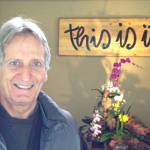
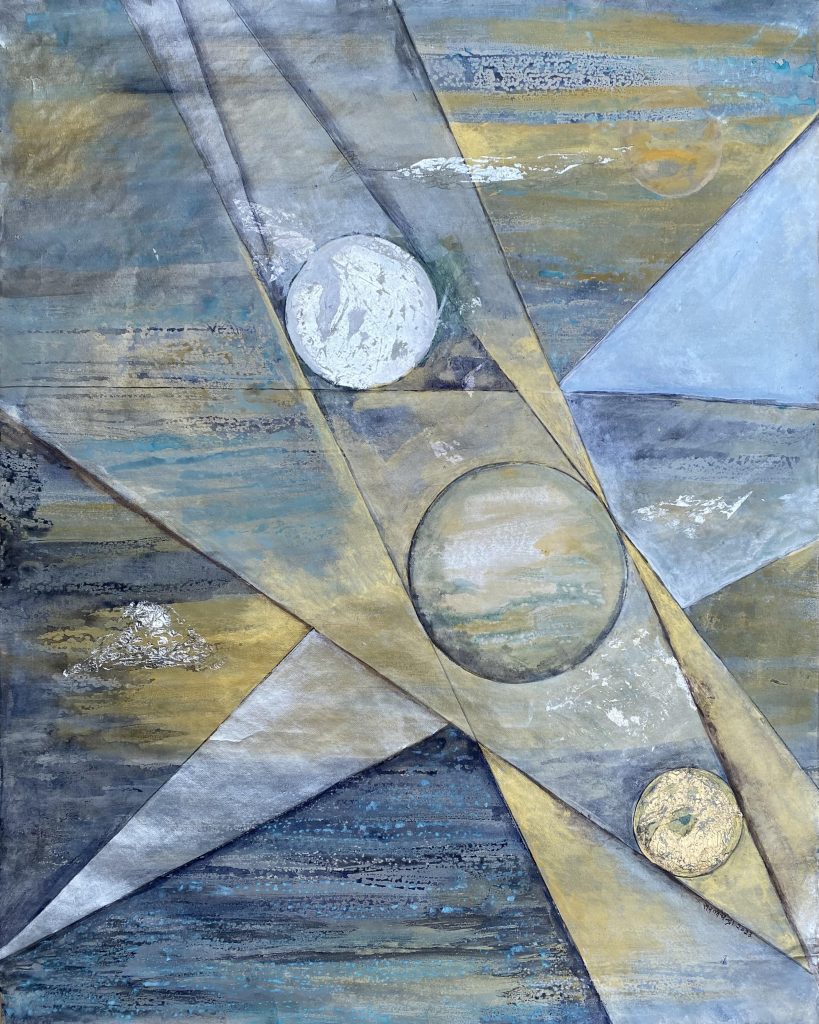
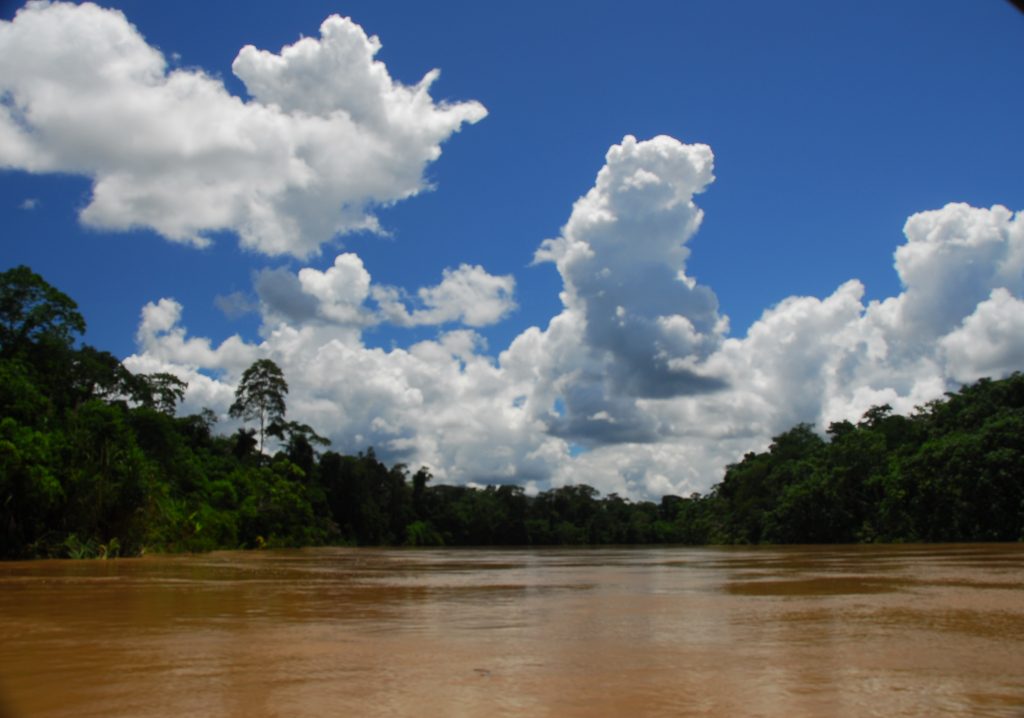
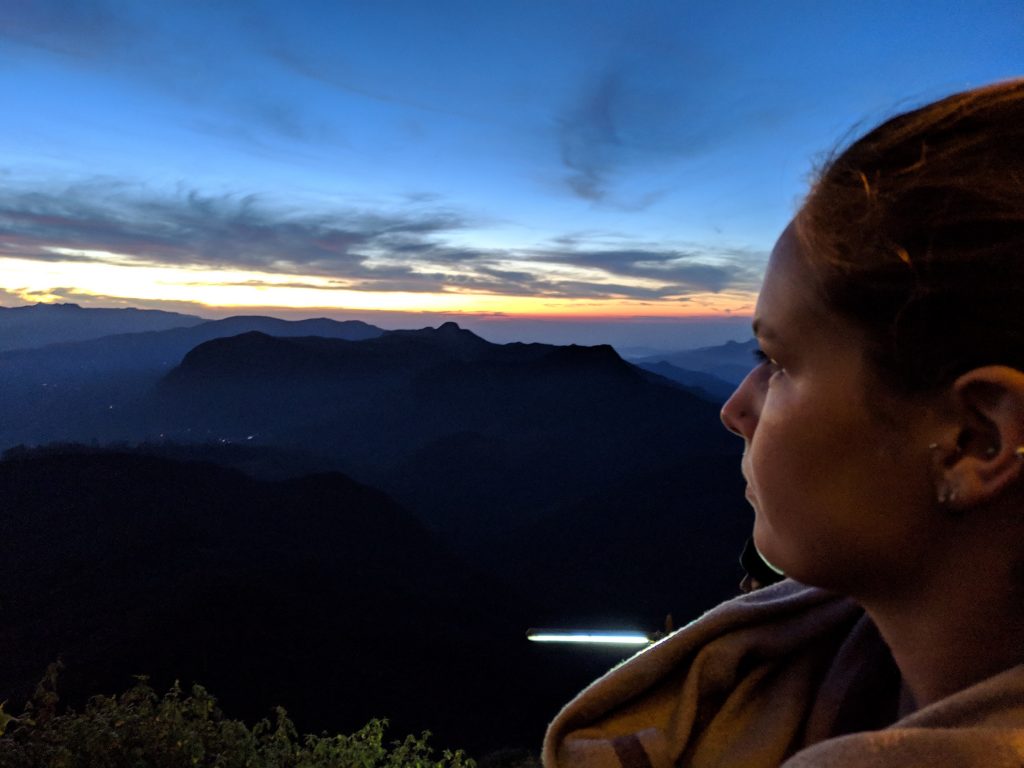
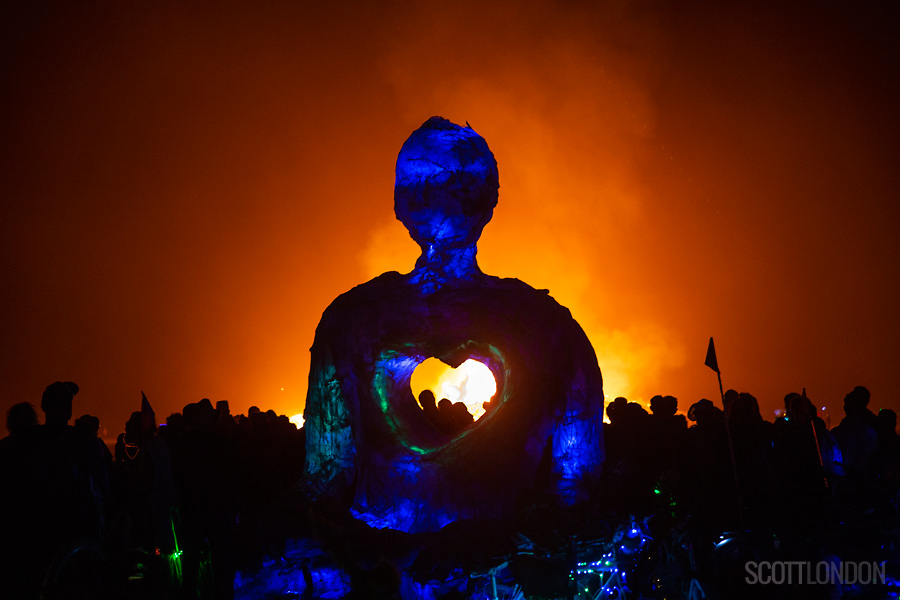
I have been fortunate to participate in the Beloved Community Circles training with John Bell and a dedicated team of other volunteers. We are trying to create a BCC in Tucson, AZ. I’ve also read “Unbroken Wholeness,” and find it to be deep and rewarding. A bow to Martin Luther King Jr., Thich Nhat Hanh, and all who seek to continue to build connection and caring in our world.